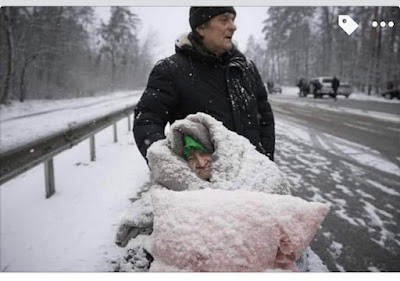Gaza’s children are as childish as
the children of anywhere else—
they’re full of joy,
singing, dancing, jumping,
and playing with extraordinary toys.
They’ve plenty to eat and drink,
and beautiful dresses to wear.
They live in luxurious houses
and are always loved and cared.
These cheerful children of Gaza
have no memories of Earth,
and no one is a bit sad,
even the cutest ones
who’d just left the warmth of wombs.
The happy children of Gaza
have grown in number
in such a short time,
and their number is increasing still.
Should Heaven—
keep a separate gate for Gaza’s children?
Rakibul Hasan Khan is a Bangladeshi academic, poet, and writer based in New Zealand. He holds a PhD in English from the University of Otago, where he remains affiliated. His scholarly and creative works have been published in internationally recognized platforms.










